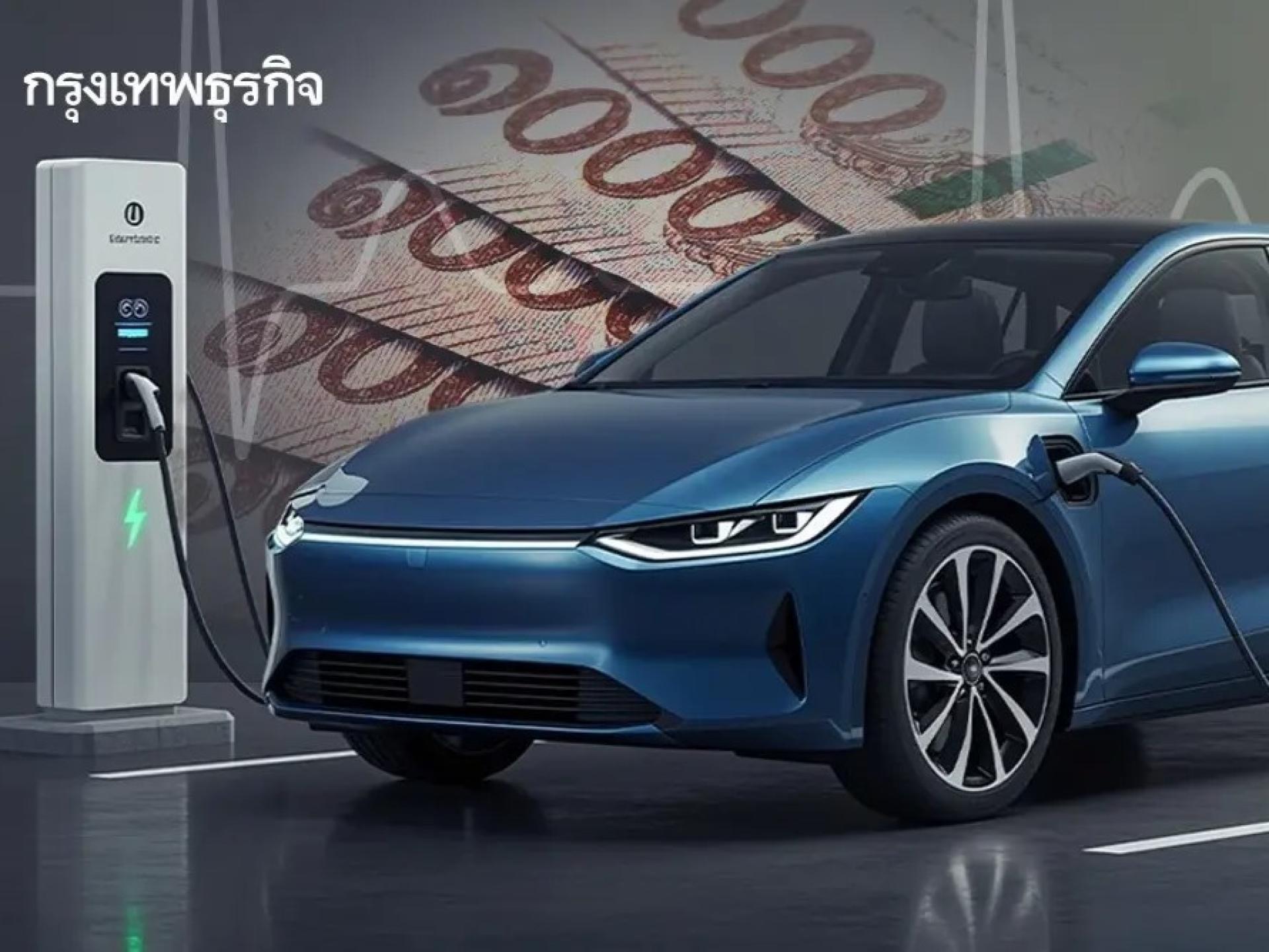(Bangkok, 18th) To enhance the flexibility of related enterprises and prevent vicious price wars caused by oversupply, the Thai government has announced a relaxation of electric vehicle policy conditions. The Ministry of Finance emphasized that at present, no other manufacturer has shown signs of following in the footsteps of China's "Neta."
Director-General of the Excise Department of the Ministry of Finance, Kulaya, stated that this policy adjustment aims to give companies more options while ensuring market stability. So far, no enterprise has applied to extend the compensation production period, but applications can still be submitted by December 2025. Previously, because the Neta brand failed to fulfill its commitments, the Ministry of Finance suspended subsidies and considered recovering fines.
Secretary-General of the Board of Investment (BOI), Narit, pointed out that the new regulation allows enterprises to extend the compensation production period from EV3.0 to EV3.5, helping car companies to better plan their layouts. Starting in 2025, electric vehicles produced and exported from Thailand will count as 1.5 vehicles per export when calculating compensation production volume. This encourages expanded exports and drives Thailand toward becoming a regional and global electric vehicle production hub, aligned with the government’s “30@30” target.
Data shows that in the first half of 2025, Thailand had 57,289 newly registered electric vehicles, a year-on-year increase of 52%, with a total stock exceeding 200,000 vehicles, ranking first in ASEAN. Currently, 27 companies are participating in the EV3 policy, and 10 companies are participating in EV3.5.
Against the backdrop of economic slowdown and intensified price wars, at the July 30 meeting, the EV Committee approved multiple measures including extending registration deadlines, introducing an export compensation mechanism, and new subsidy regulations, to ensure sound market development.
Key adjustments include the export compensation policy, where exported vehicles will be counted as 1.5 vehicles each toward compensation production totals. It's estimated that exports will reach 12,500 vehicles in 2025 and increase to 52,000 vehicles in 2026. Registration deadlines are extended: EV3 vehicles can be sold until the end of 2025 and must be registered before January 2026; EV3.5 vehicles can be sold until the end of 2027 and must be registered before January 2028. As for new subsidy regulations, companies that do not extend their compensation production period must submit forecast plans and report progress; failure to meet targets will result in suspension of subsidies. Enterprises that extend the deadline are required to submit production plans and provide bank guarantees; if they fail to reach production volume targets, subsidies will also be suspended.
The government stressed that it will attract more manufacturers to establish a presence and export in Thailand through a combination of relaxed policies and strict supervision, further consolidating Thailand’s position as a regional hub for electric vehicle production and export.
